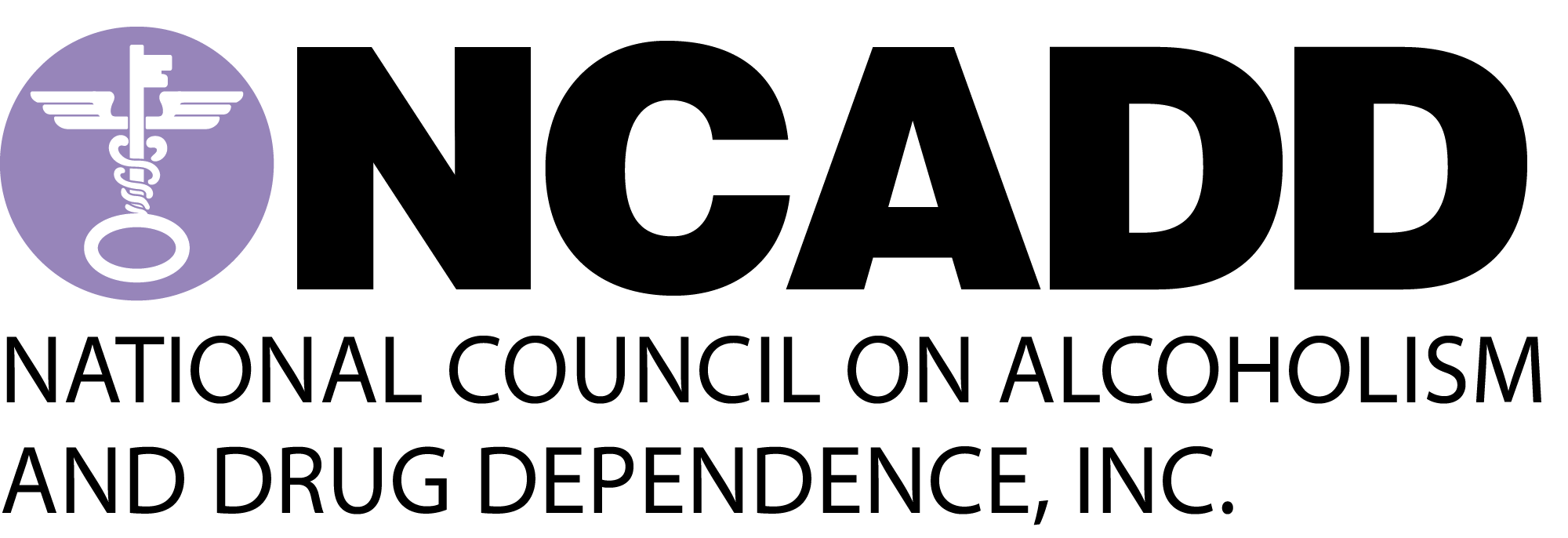Drinking alcohol during pregnancy can disrupt fetal development at any stage during a woman’s pregnancy — including the earliest stages before she even knows that she is pregnant. Whether it is a wine cooler, a glass of wine or a bottle of beer, any kind or amount of alcohol that a pregnant mother consumes is also being consumed by her unborn baby, as alcohol in the mother’s blood passes through the placenta and enters the embryo or fetus through the umbilical cord. Through a number of biological means, alcohol can affect the size, shape, and function of the cells that form the brain, the heart, the kidneys, and all other body organs and systems of the fetus.
Fetal Alcohol Spectrum Disorder
Fetal Alcohol Spectrum Disorder (FASD) is an umbrella term describing the range of effects that can occur in an individual whose mother drank alcohol during pregnancy. It is often a hidden disability that can be hard to diagnose, making it difficult to provide affected individuals and their families the support they desperately need. It is not a diagnostic term used by clinicians, but refers to a range of specific conditions such as fetal alcohol syndrome (FAS), alcohol-related neurodevelopmental disorder (ARND), and alcohol-related birth defects (ARBD).
FASD is most often identified by abnormal facial features, central nervous system problems and slowness of growth. These effects may include physical, mental, behavioral, and/or learning disabilities ranging from mild to severe and can have life-long implications.
You don’t have to be a heavy drinker to have a baby affected by alcohol, as there is no absolute safe amount of alcohol that a woman can drink during pregnancy. The risks of FASD increase as the amount of alcohol consumed increases, and risks are highest for women who binge drink (5 or more drinks on one drinking occasion).
The best option is not to drink any alcohol if you are pregnant. It’s also important to refrain from drinking if planning a pregnancy, since many women do not realize or find out they are pregnant until the first or second month into their pregnancies. The sooner a woman quits drinking, the better it will be for both her and her baby.
FASD cannot be cured
FASD cannot be cured, but with proper diagnosis, treatment, and a support network of family and friends, many people with an FASD can learn coping skills and have an improved quality of life.
The cost factor of raising a child with an FASD is significant. Researchers have found that, for a child with identified FAS, incurred health costs were nine times higher than for children without an FASD. The lifetime cost of caring for a person with FAS is estimated to be at least $2 million, and the overall annual cost of FASD to the U.S. healthcare system to be more than $6 billion.
Says the Institute of Medicine, “Of all substances of abuse (including cocaine, heroin, and marijuana), alcohol produces by far the most serious neurobehavioral effects in the fetus.”
The good news is FASD is not hereditary and only occurs if a woman drinks alcohol during her pregnancy. In other words, FASD is 100% preventable.
SPECIAL NOTE:
NCADD Alcohol & Drug-Related Birth Defects Awareness Week: Each May, NCADD and our National Network of Affiliates play a major and vital role across the US in educating people, especially women, about the dangers of consuming alcohol and using drugs during pregnancy. For more information, visit: NCADD Alcohol & Drug-Related Birth Defects Awareness Week.
